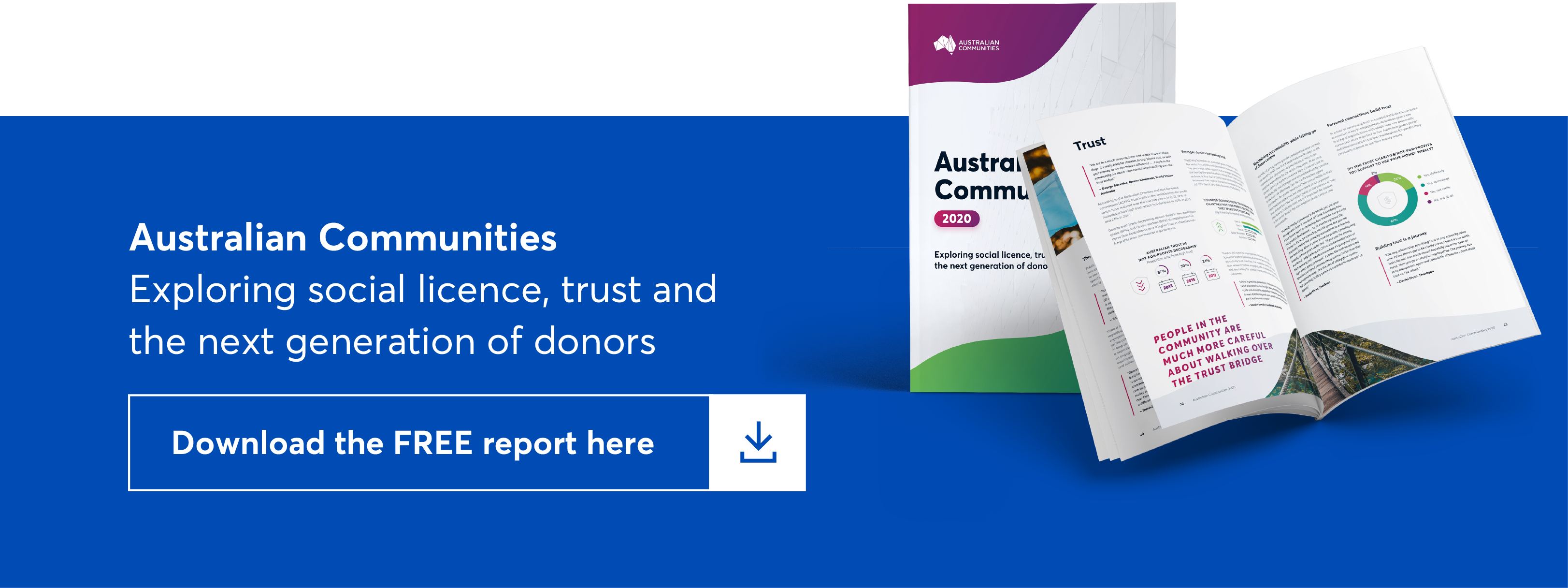A focus on the digital economy this World Social Justice Day

As the world continues to venture into the digital age, this year’s World Social Justice Day (an international day recognising the need to promote social justice) is focusing on social justice in the digital economy – and it’s not hard to see why. Currently, there are 2.8 billion monthly active Facebook users , which is double the population of China. Our Digital Thumbprint and Social Media report for Optus emphasised that there are more than four billion YouTube views every single day. The reality of our ever-increasing, digitalised world is further evidenced in our Digital Media Nation study, which showed that the average Australian spends 10 hours and 19 minutes each day on electronic media.

The digitalisation of our world has also begun to permeate the work life of individuals globally. This trend has been furthered at an explosive rate due to the COVID-19 pandemic, with many businesses closing their doors and workers either choosing or being forced to work remotely. The United Nations recognised this when they described the focus of 2021’s World Social Justice Day as being linked to the impact of the COVID-19 pandemic, and how it “laid bare and exacerbated the growing digital divide within, between and across developed and developing countries, particularly in terms of the availability, affordability and use of information ICT’s and access to the internet, deepening existing inequalities.” With this in mind, as we approach World Social Justice day, one has to wonder what we can do to encourage social justice in the digital economy!
How we can promote social justice in the digital economy
1. Promote World Social Justice day
The U.N wants nations to take a united stance towards social justice in the digital economy. The focus on the digital economy for this year is a mechanism to get nations across the globe discussing how this could work, and what practical measures and steps need to be undertaken to achieve the desired outcomes.
2. Encourage politicians and influential community members to pursue policies that promote digital inclusion
The Centre for Social Justice in the United Kingdom defines digital inclusion as promoting connectivity (access), capability (skill), content (type of engagement), confidence (self-assurance) and continuity (sustaining access and use) for all nations . Promoting digital inclusion both domestically and globally will help our world as it seeks to pursue social justice in the digital economy.

3. Understand and utilise the digital progression of our world to communicate
As Ashley Fell, Director of Advisory at McCrindle states in her TEDx talk, “communication has never been as important as it is today, because so much of our world is changing. We live in a world where our learning has changed. Where our interaction and how we ‘share’ has changed… We live in technologically integrated times, where our attention spans are short. In times of message saturation and information overload, if you have important data to communicate, it can be harder than ever to cut through the noise.” She later continues by promoting what we here at McCrindle have labelled ‘The 4 I’s of engaging communication and storytelling” – Interest, Instruct, Involve and Inspire.

If organisations can utilise each one of these I’s when communicating digitally, we can better engage people with the importance of social justice in the digital economy. Seek to pique their interest with short, sharp ideas. Seek to instruct people on what steps they can take next. Seek to involve people in the journey and seek to inspire them to act upon what you communicate. If we can all take steps to achieve this, then this year’s World Social Justice Day may just be considered a rampant success.




